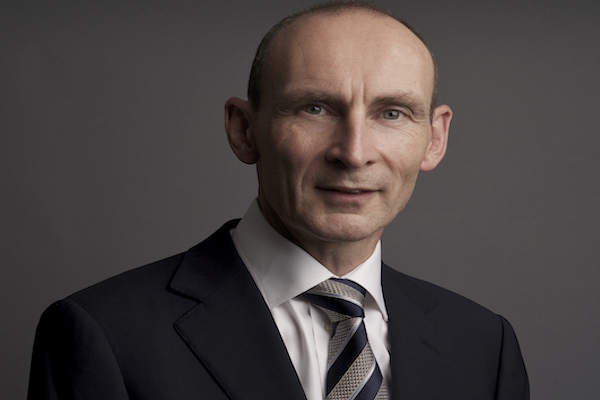Nigel Green, chief executive and founder of the deVere Group, has warned Financial Planners and their clients to prepare for the potential fallout from the upcoming US elections.
With less than three months to go until the US Presidential election on November 3rd, Mr Green said that whilst the Coronavirus pandemic has dominated discussions with investors, advisers also need to consider the impact of the possible results of the vote.
In recent weeks Democrat former Vice President Joe Biden looked the likely victor against Republican President Donald Trump, having led in almost every poll in the core battleground states. However, recent polls suggest that Mr Trump’s position is no longer deteriorating, making a Democrat victory appear less certain.
Mr Green said: “Understandably, news agendas and conversations across the globe have been dominated by the impact of the pandemic for the last five months.
“As such, it has been all-too-easy to forget that for investors the defining issue of the year was always meant to be the forthcoming presidential elections in the world’s largest economy.
“Whoever wins the keys to the White House – Trump or Biden – we can expect some major policy shifts which could affect investments, taxation, regulatory landscapes and corporate earnings, amongst other issues, for the next four years.”
“There’s increasing talk of Joe Biden securing a ‘blue wave’ Democratic sweep of the House, Senate and presidency. Should this happen it would likely hit risk assets, including equities.
“It also potentially could mean tax hikes for corporations and higher earners, the possible introduction of wealth tax, the break-up of Big Tech companies, environmental reforms, increasing regulation and more healthcare spending.”
“Trump, the incumbent, and Biden have divergent economic policies. Trump’s agenda would likely include tax cuts, increasing infrastructure spending, and deregulation, which would be positive for stocks and other risk assets.
“He could also be expected to increase his ‘America First’ stance to international commerce and to double down on trade issues with China, the world’s second-largest economy.”

